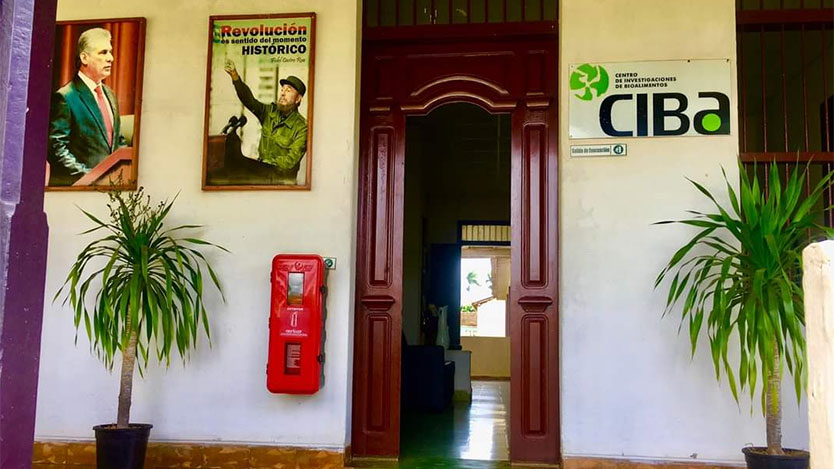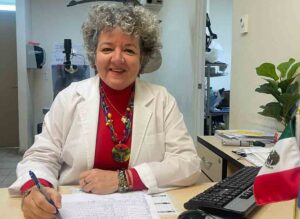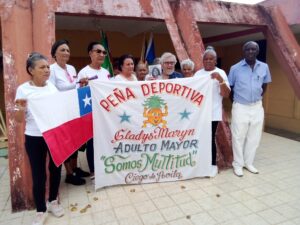Deputies to the National Assembly of People’s Power (ANPP) for the province of Ciego de Ávila spoke this Tuesday with workers from the Centre for Environmental Engineering and Biodiversity, as part of the preliminary process for the accountability report of the Ministry of Science, Technology and Environment (CITMA) before the Cuban Parliament, to be held in the coming month of December.
Yamilé Jiménez Peña, director of that research centre subordinate to the Environment Agency of CITMA, addressed the main elements of the location’s history and explained the functioning and particularities of the work.
She stressed that work priorities support the implementation of a system of government based on science and innovation.
The representatives of the ANPP obtained information about research and scientific-technical services in strategic sectors such as Agriculture and Tourism, as well as the actions being carried out in response to the Cuban State Plan for Confronting Climate Change (Task Life), disaster risk reduction and the Food Sovereignty and Food and Nutritional Security Programme.
Jiménez Peña referred to the centre’s participation in international, sectoral and territorial projects aimed at adaptation to climate change and disaster risk reduction.
She emphasised the importance of research activities in the Great Wetland of the North of Ciego de Ávila, declared a Ramsar Site in 2002 for its natural values of global relevance.
During the exchange, they evaluated difficulties related to the availability of human resources and the complexities derived from the country’s economic situation, circumstances which pose challenges for the fulfilment of tasks that promote sustainable development.
Arianna Isasi Barrizonte, deputy for the municipality of Venezuela and a member of the Permanent Commission for Education, Culture, Science, Technology and Environment, described the exchange with the workers of CIBA as fruitful, where she noted «a high level of commitment, unconditional dedication and love for the work they carry out,» as she recorded in the visitors’ book.
She added that the meeting constituted a learning opportunity.
At the end of the dialogue, they took a tour of the different areas of the research centre, including the nursery where they reproduce, using tube technology, native plants from dune ecosystems, which are later established in different intervention sites of the territorial project aimed at promoting sustainable tourism.
Likewise, they appreciated the infrastructure created since long ago to produce animal feed and promote pig breeding, in addition to touring the Environmental Testing Laboratory, where they were explained the generalities about the production of biofertilisers with sargassum and the pre-germinative treatment of sunflower seeds and plants from coastal ecosystems.
In that area, they also provide numerous services to state and non-state economic actors, fundamentally related to the analysis of physico-chemical parameters of water and the characterisation of organic fertilisers.
CIBA, created in 1992, on the initiative of Doctor of Sciences Rosa Elena Simeón Negrín, who was the founding minister of CITMA, was initially called the Biofood Research Centre because its work was limited to research and services aimed at enhancing food sovereignty.
In 2021, it changed its name to the current one, after expanding its corporate purpose and incorporating research lines and services linked to adaptation to climate change, disaster risk reduction and biodiversity conservation.
The work of this institution currently corresponds to priorities defined in the government’s main programmes in the country.




